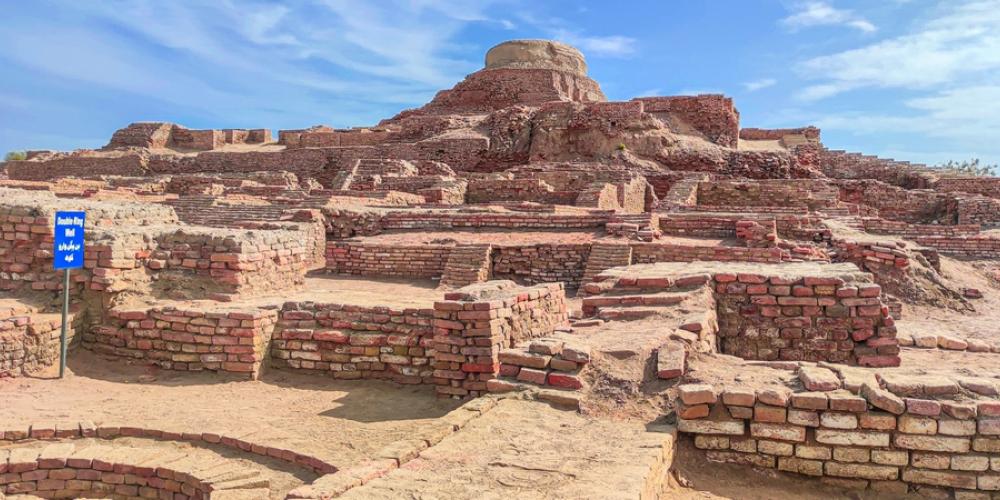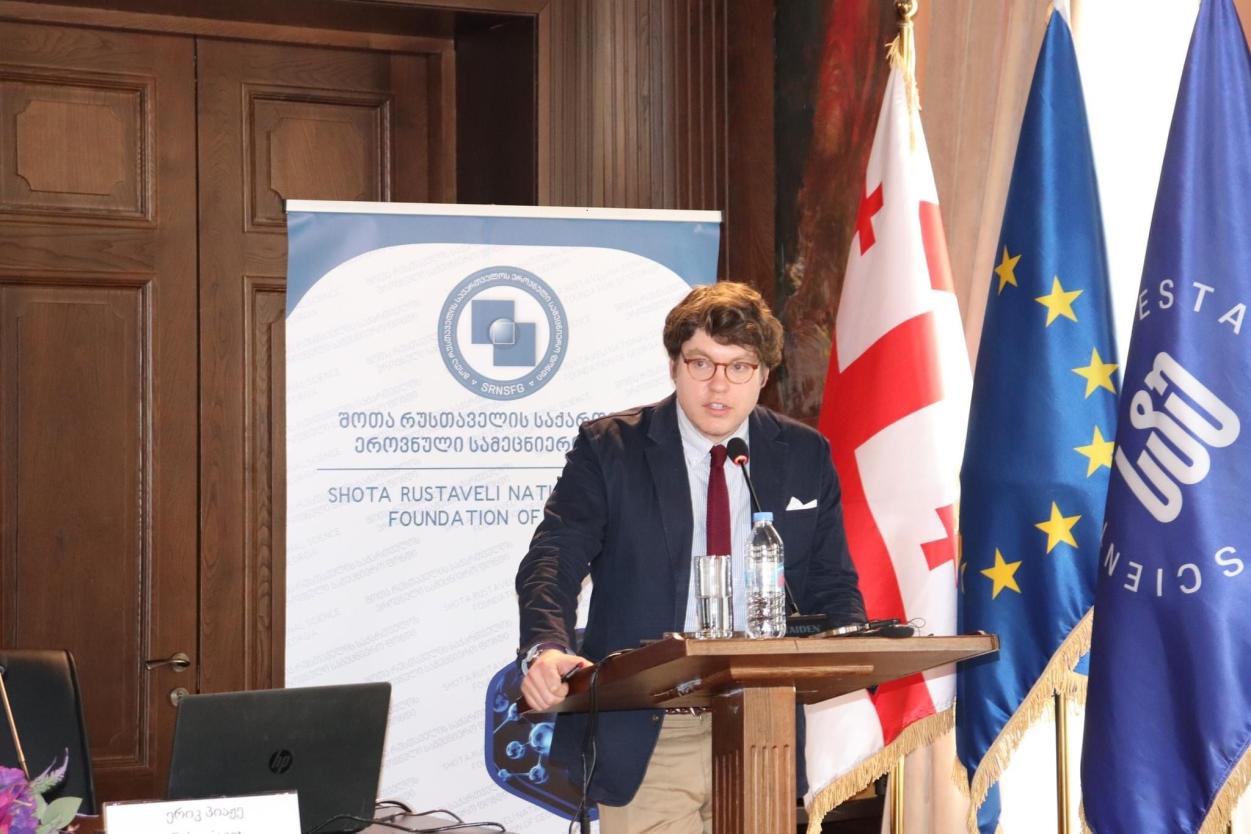
At the end of September, the latest science diplomacy seminar of the European university network EUTOPIA took place at VUB (Vrije Universiteit Brussel). The agenda focused on one crucial question: how can we protect our cultural heritage from global threats, from wars to climate change? Eric Piaget, the science diplomacy coordinator for EUTOPIA, said, “Universities, researchers, and scientific organisations must develop their own diplomatic skills.”
What exactly is science diplomacy?
“Science diplomacy is an international approach where scientists, policymakers, and diplomats collaborate to tackle cross-border challenges. This ranges from protecting cultural heritage to fostering international cooperation on climate change. It merges scientific knowledge with diplomatic efforts to find solutions that individual countries couldn’t achieve on their own.”
"Cultural heritage is under threat from natural disasters, conflicts, and smuggling"
What cultural heritage has been saved thanks to science diplomacy?
“Cultural heritage is threatened by natural disasters, conflicts, and smuggling, which can impact everything from monuments and artworks to traditions. In Ukraine, for instance, over 300 cultural heritage sites have been damaged or destroyed. International efforts have focused on documenting these sites in 3D, ensuring their digital preservation even if they are physically lost. Scientific expertise is key in such initiatives.
Another example is the UNESCO World Heritage site of Mohenjodaro in Pakistan, a city from the Indus Valley Civilisation dating back 2,600 to 1,700 years ago. After severe flooding in 2022, international collaboration helped to restore the damage and protect the site from future threats. Similar initiatives are happening globally, as the challenges are often too great for individual countries to tackle alone. Addressing these problems requires the expertise of engineers, historians, archaeologists, and climate scientists. Science diplomacy facilitates their collaboration with policymakers to protect this heritage on a global scale.”
What role does the EUTOPIA European university network play in this?
“To explain that properly, I need to outline the traditional definition of science diplomacy, which has three main elements. First, there's 'Science in Diplomacy,' where science plays a role in diplomatic processes—think of climate data used during international climate agreements. Then you have 'Science for Diplomacy,' which uses scientific collaboration to improve relations between countries, acting as a form of 'soft power'. Lastly, there's 'Diplomacy for Science,' where diplomacy is used to promote international scientific cooperation.
At VUB, we’ve introduced a fourth dimension: 'Diplomacy in Science'. This means that universities, researchers, and scientific organisations must develop their own diplomatic skills. They need to become, in a sense, ambassadors of science. In an era where science is often under attack—think of vaccine scepticism and climate denial—this is crucial. This is the idea behind EUTOPIA’s science diplomacy, and it’s what we aim to achieve.”

Eric Piaget
Isn’t the world too chaotic for science diplomacy right now?
“It’s precisely because of the global chaos that science diplomacy is more necessary than ever. But yes, this chaos makes it harder to find common ground for cooperation. Try finding a shared vision with countries like Russia or China, for example. Some regimes make collaboration particularly challenging. Yet it remains critically important.”
Is there enough urgency around science diplomacy?
“Science diplomacy began as a niche field, but it is gradually growing. This growth is vital, considering the current state of the world. The European Commission is currently working on a framework for science diplomacy, and hopefully, a vote on this will happen soon, making it a part of European policy.
Additionally, more and more stakeholders are getting involved. The EU Science Diplomacy Alliance, established in 2021, is expanding and gaining influence. The United Nations, particularly UNESCO, also plays a key role. It brings countries together and encourages alliances that can provide collective solutions. While science diplomacy is making progress, much work remains to give the collaboration between science and diplomacy the recognition it deserves.”
What is your specific role within EUTOPIA?
“My role is to raise awareness about the various aspects of science diplomacy. As a coordinator, I organise seminars, and we also run a fund through which we explore the role of universities in science diplomacy. Additionally, we publish articles on the subject to further spread knowledge and understanding.”